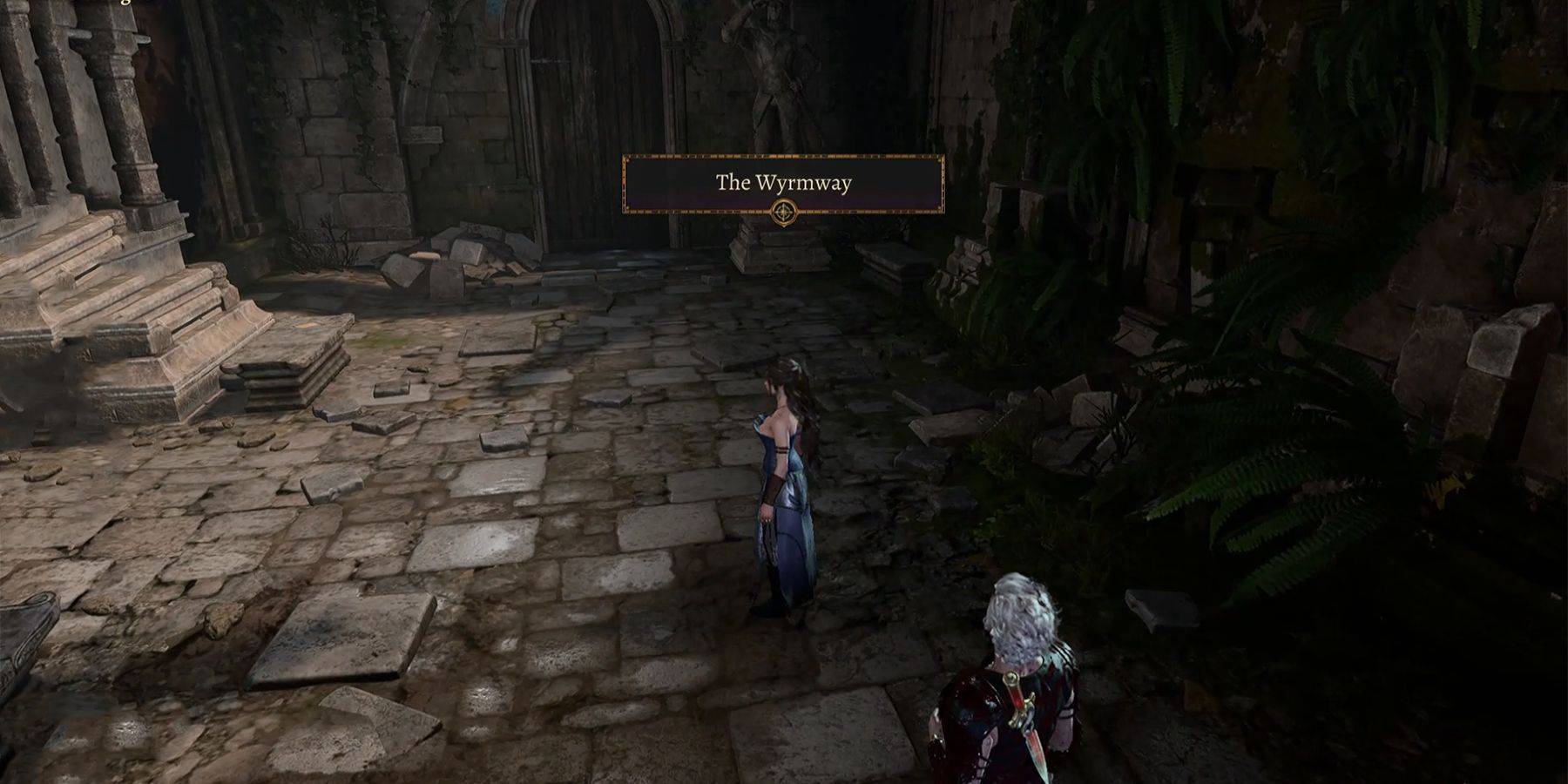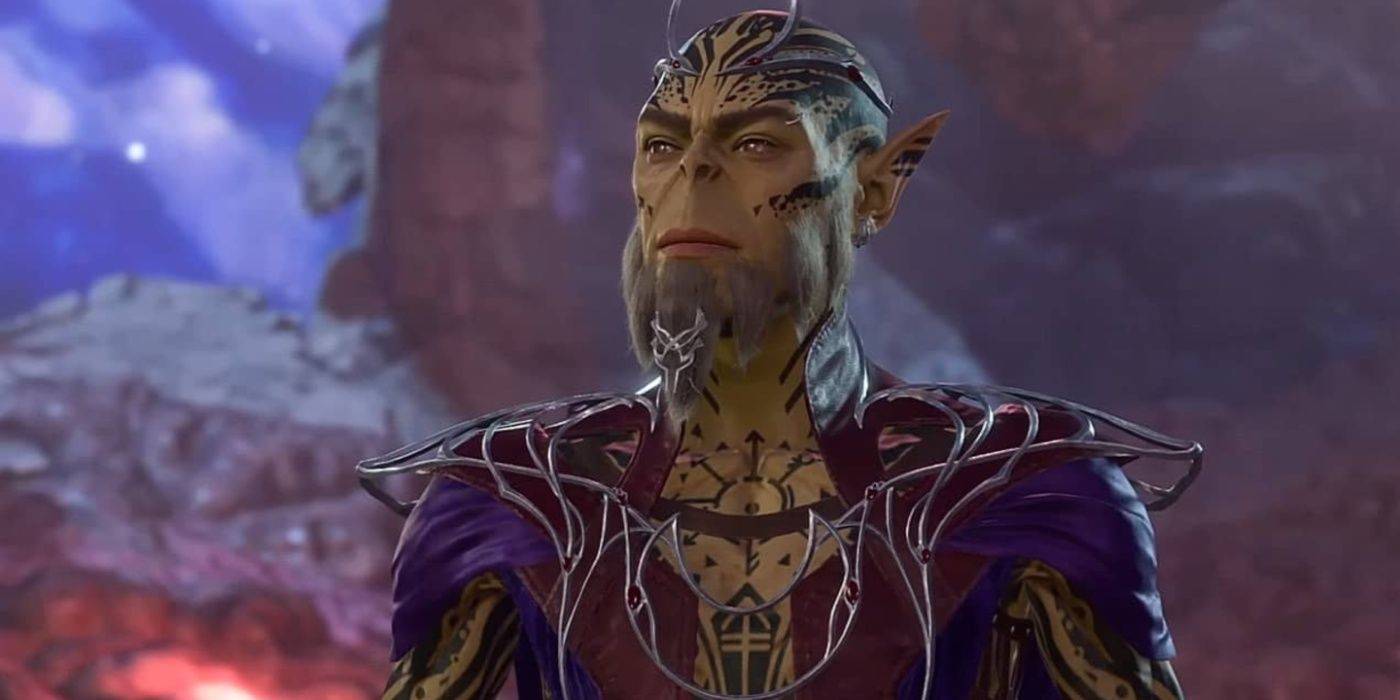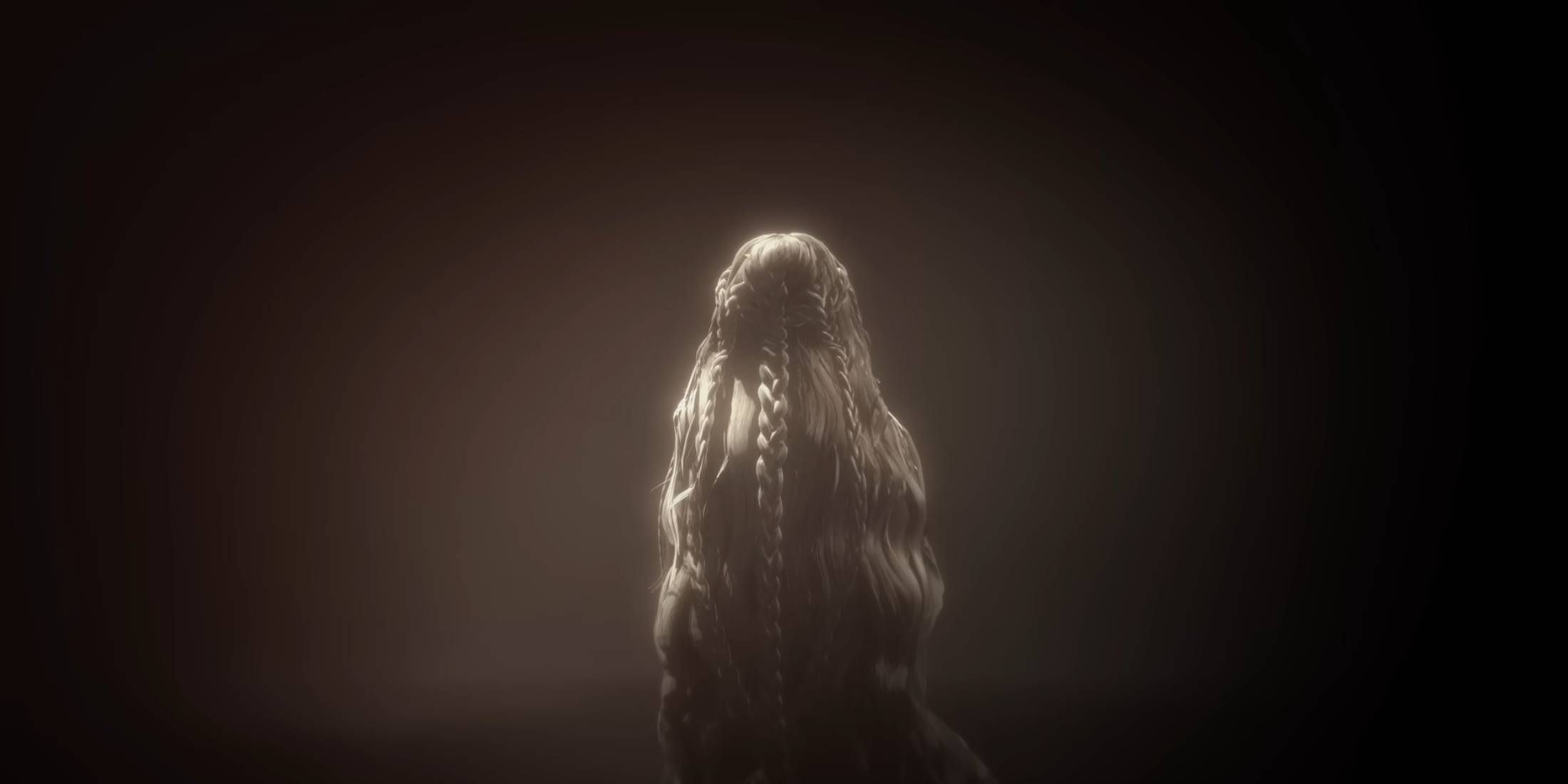Baldur's Gate 3: The Orpheus Dilemma - Free or Not?
In the climactic stages of your Baldur's Gate 3 campaign, players face one of the most pivotal decisions: whether to free the imprisoned Gith Prince Orpheus or allow The Emperor to manage the situation. This choice, made after acquiring the Orphic Hammer from the House of Hope, can significantly alter the party's destiny and the world's fate.

Updated on February 29, 2024, by Nahda Nabiilah: Before reaching this crucial decision, players must navigate through the upper and lower districts of Baldur's Gate to defeat Ketheric Throm, Lord Enver Gortash, and Orin. This journey is not only about combat but also about managing relationships with companions, some of whom may sacrifice themselves for the greater good. Players need to be well-prepared, as certain interactions demand a high skill roll of 30 to influence outcomes.
The following discussion contains spoilers for the ending of Baldur's Gate 3. Reader discretion is advised.
Should You Free Orpheus In Baldur's Gate 3?

This decision hinges on what players wish to achieve in their playthrough. At the onset of Act 3, The Emperor warns that Orpheus' containment is crucial in preventing the party from transforming into Illithids. Therefore, freeing Orpheus could doom one or all party members to become Mind Flayers.
After an unsuccessful battle against the Netherbrain, the Emperor teleports the party into the Astral Prism, presenting a critical choice: free Orpheus or let The Emperor assimilate the Gith Prince to harness his power.
Side With The Emperor
Choosing to side with The Emperor leads to Orpheus' demise as his knowledge is absorbed. This decision may not sit well with companions like Lae'zel and Karlach, whose personal quests are intertwined with Orpheus' fate. While this path provides an advantage in defeating the Netherbrain, it might alienate fans of these characters.
Freeing Orpheus
Opting to free Orpheus results in The Emperor aligning with the Netherbrain. This choice risks transforming a party member into a Mind Flayer, contradicting the party's original mission. However, Orpheus will join the fight against the Netherbrain, supported by the Githyanki. If players persuade Orpheus to become a Mind Flayer instead, he willingly sacrifices himself for his people.
In summary, siding with The Emperor is advisable for those wishing to avoid becoming Mind Flayers, whereas freeing Orpheus suits players willing to risk transformation. The former may lead to Lae'zel's opposition and force Karlach back to Avernus to prevent further issues with her Infernal Engine. Ultimately, the choice depends on what players find most fitting for their narrative.
What's The Morally Good Play Here?
The moral choice largely depends on individual perspectives but revolves around loyalty. Orpheus, as a descendant of Gith, represents a rightful ruler opposing Vlaakith's tyranny, making him a natural ally for Githyanki roleplayers. However, his focus remains on his people, potentially at the expense of broader interests.
Conversely, The Emperor seeks to thwart the Netherbrain and aid the party, understanding that some victories require sacrifice. Following his plan might lead to transformation into a Mind Flayer, yet it positions players as morally upright. With multiple endings in Baldur's Gate 3, strategic choices can lead to an outcome that benefits all parties involved.




























